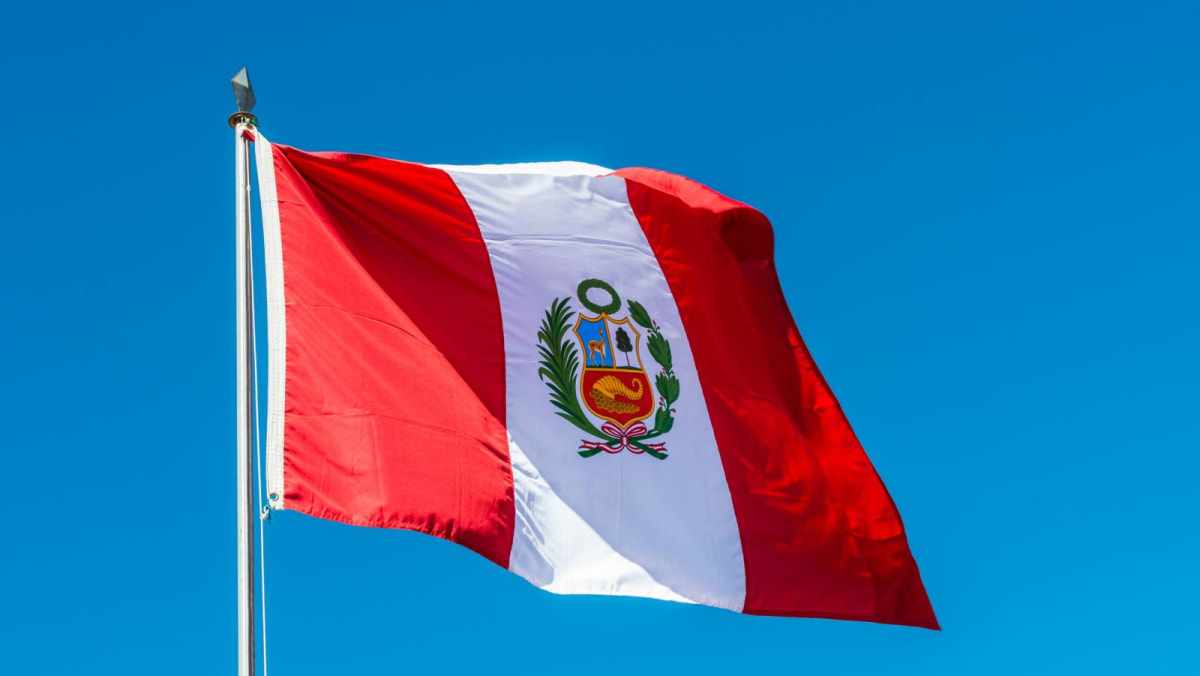CAIRO: Once muscular and strong, Palestinian bodybuilder Moazaz Obaiyat’s nine-month spell in Israeli custody left him unable to walk unaided upon his release in July. Then, in an October pre-dawn raid on his home, soldiers detained him again.
Before being re-arrested, the 37-year-old father of five was diagnosed with severe PTSD by Bethlehem Psychiatric Hospital, related to his time at Israel’s remote Ktz’iot prison, according to medical notes seen by Reuters from the hospital, a public clinic in the occupied West Bank.
The notes said Obaiyat was subjected to “physical and psychological violence and torture” in prison and described symptoms including severe anxiety, withdrawal from his family and avoidance of discussion of traumatic events and current affairs.
Alleged abuses and psychological harm to Palestinian detainees in Israeli prisons and camps are in renewed focus amid stepped-up efforts in December by international mediators to secure a ceasefire that could see the release of thousands of inmates detained during the Gaza war and before, in return for Israeli hostages held by the Palestinian group Hamas in Gaza.
In the event of the release of detainees in any future deal, many “will require long-term medical care to recover from the physical and psychological abuse they have endured”, said Qadoura Fares, head of the Palestinian Commission for Detainees and Ex-Detainees Affairs, a government body in the West Bank. Fares said he was aware of Obaiyat’s case.
For this story, Reuters spoke to four Palestinian men detained by Israel since the war’s outbreak after the Hamas attacks of Oct 7, 2023. All were held for months, accused of affiliating with an illegal organisation, and released without being formally charged or convicted of any crime.
All described lasting psychological scars they attributed to abuses including beatings, sleep and food deprivation and prolonged restraint in stress positions during their time inside. Reuters could not independently verify the conditions in which they were held.
Their accounts are consistent with multiple investigations by human rights groups that reported grave abuses of Palestinians in Israeli detention.
An investigation published by the United Nations human rights office in August described substantiated reports of widespread “torture, sexual assault and rape, amid atrocious inhumane conditions” in prisons since the war began.
The White House has called the reports of torture, rape and abuse “deeply concerning”.
In response to Reuters questions, the Israeli military said it was investigating several cases of alleged abuse of Gazan detainees by military personnel but “categorically” rejected allegations of systematic abuse within its detention facilities.
The military declined to comment on individual cases. The Israel Prison Service (IPS), which falls under hard-right national security minister Itamar Ben-Gvir, and the country’s internal security service said they were not in a position to comment on individual cases.
“Terrorists in Israeli prisons are granted supervised living conditions and accommodations appropriate for criminals,” Ben Gvir’s office said in response to Reuters questions, adding that the facilities operate in accordance with the law. “The ‘summer camp’ is over,” Ben Gvir’s office said.
Tal Steiner, executive director of the Israeli rights group Public Committee Against Torture in Israel (PCATI), said the symptoms the men recounted were common and can echo through victims’ lifetimes, often shattering their families.
“Torture in Israeli prisons has exploded since Oct 7. It will have and already has had a devastating effect on Palestinian society,” said Steiner.
Speaking from his hospital bed in July, a severely emaciated Obaiyat called the treatment of himself and fellow prisoners “disgusting,” showing scars on his wasted legs and describing isolation, hunger, handcuffs and abuse with metal rods, without giving details.
Photos of Obaiyat taken before his incarceration show a powerfully-built man.
On Dec 19, Israel’s High Court ordered the state to answer a petition brought by rights groups about the lack of adequate food for Palestinian prisoners.
Israel has also reported mistreatment of some of the 251 of its citizens taken captive to Gaza after the Hamas attacks. A report by the Israeli Health Ministry, published on Saturday said hostages were subjected to torture, including sexual and psychological abuse. Hamas has repeatedly denied abuse of the hostages.













